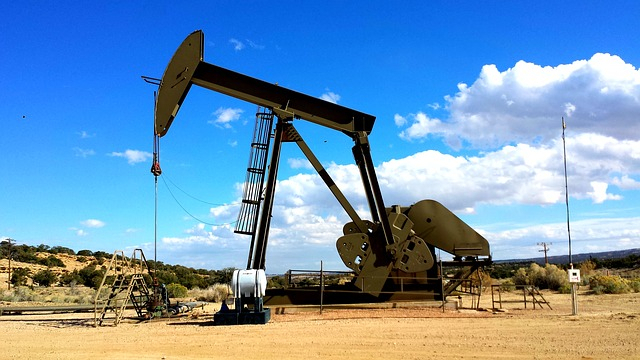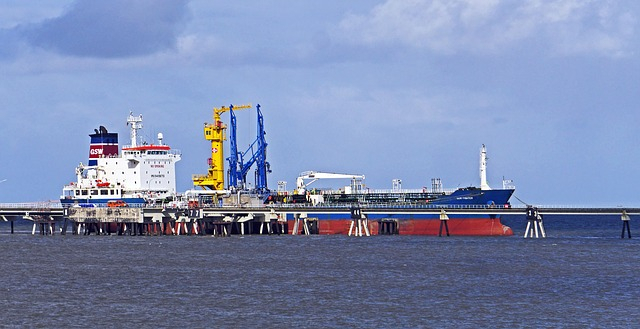Oil companies are struggling to find enough space to store fuel as stockpiles mount and demand plummet due to the coronavirus crisis. Hundreds or oil tankers and storage vessels are being booked to store the oversupply of oil but storage facilities continue to fall short. As much as 130 million barrels of crude is already in floating store, according to traders and shipping data.
On Tuesday, U.S. crude oil price plunged more than 190% for the month of May in a matter of a few hours, hitting a historic low. The coronavirus outbreak has been crushing demand for oil, while rising stockpiles overwhelm storage facility across the United States.
Oil companies struggle to store crude

Oil companies are struggling to find ships, tankers, pipelines, caverns and railcars as storage facilities are getting filled up with oversupply of crude. The coronavirus outbreak has resulted in abundance of supply and a decline in price of oil. Helpless oil producers are now desperately making efforts to book oil tankers to store fuel at sea, acting as floating storage as options in land are either full or fast getting exhausted.
According to traders and shipping data, oil producers in recent times have booked hundreds of oil tanker vessels to store 30 million barrels of jet fuel, gasoline and diesel at sea. Black gold started taking a hit since coronavirus infections peaked and governments started imposing lockdowns. With a few people out on the streets travelling and airlines operating lesser number and flights, demand for fuel has been shrinking.
Storage options on land and sea getting exhausted

Although there is no proper gauge of the total oil storage capacity, it can be assumed that the options are fast getting exhausted with an abundance of supply. It can be ascertained from the fact that oil and gas companies are now trying to store oil on sea, which is more expensive than storing in land or in underground pipelines.
Lack of storage combined with production — that is still above world oil requirement — led to a collapse in oil price as demand dropped 30% in just a couple of months. Although OPEC and its allies last week reached a deal to cut output, it has failed to put a check on the decline in oil prices. OPEC+ unanimously agreed on cutting oil production to 9.7 million barrels per day, slightly below the proposed 10 million barrels mark.
However, storage is now becoming a bigger problem for oil companies. The crisis has compelled oil producers and refiners to try out innovative tactics like storing crude and fuel in railcars in unused pipelines in northeastern United States. However, that too seems to be a temporary option. Some of the preferred storage sites like deepwater ports in New York Harbor and Houston are already full.
The scene isn't any different in Europe. Although northwestern parts of the continent still have some space left, it is likely to get exhausted soon. Also, salt caverns in Sweden and other Scandinavian countries are either full or booked.









